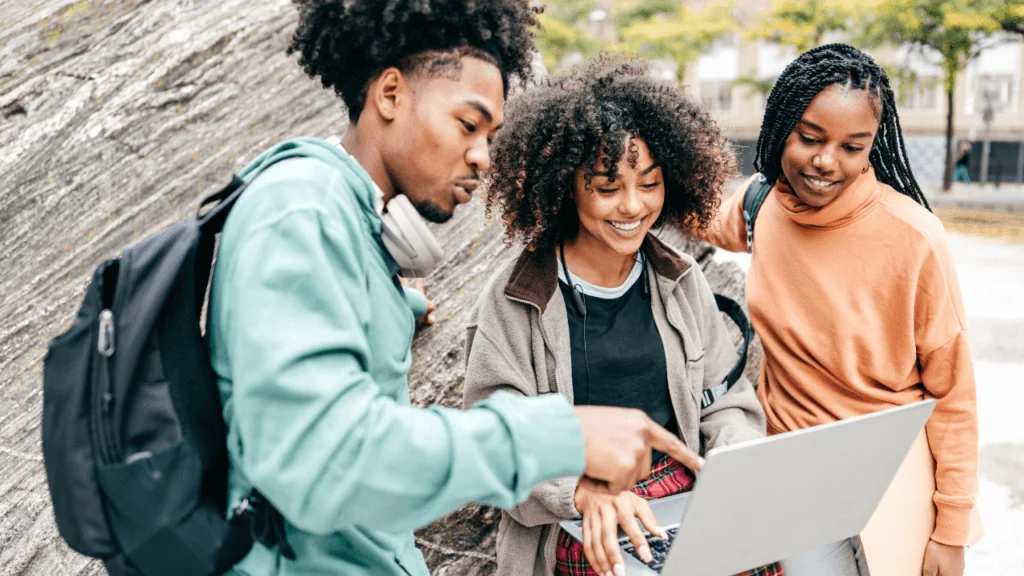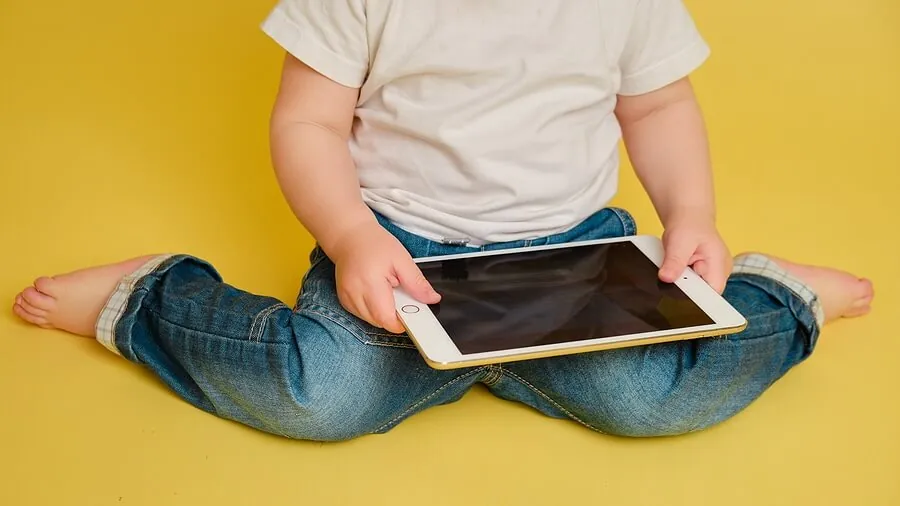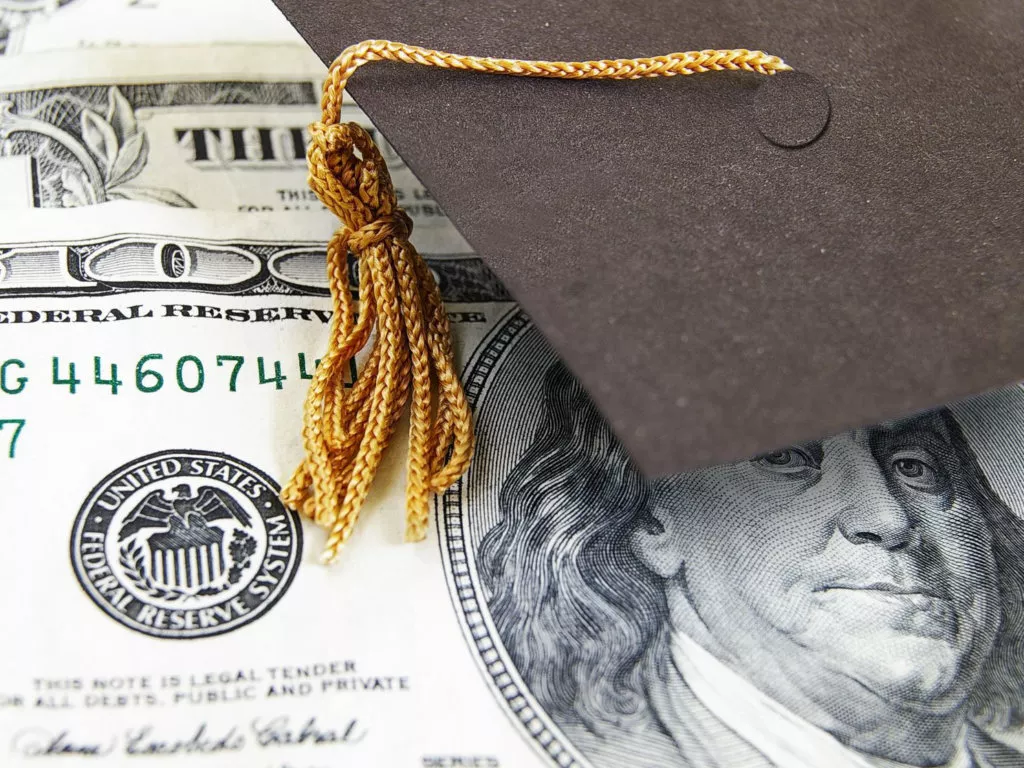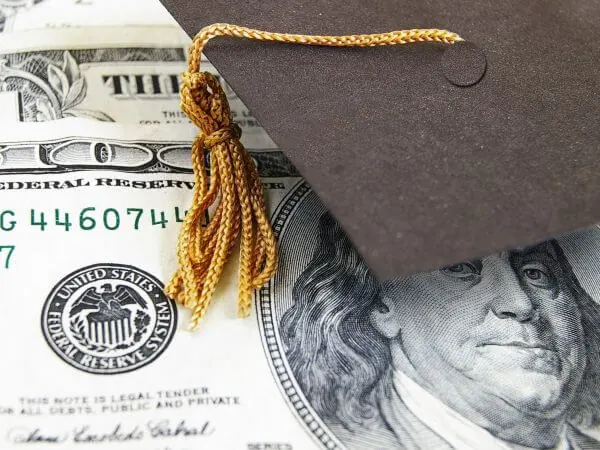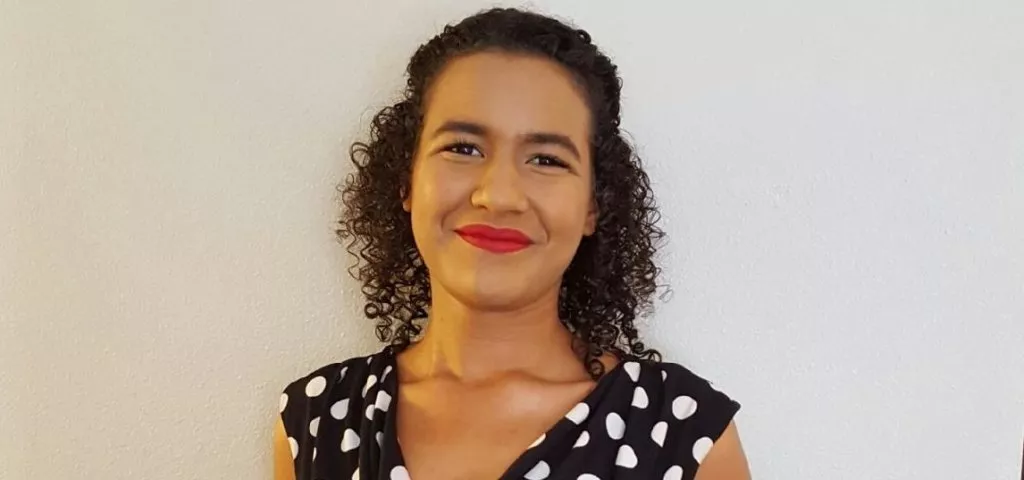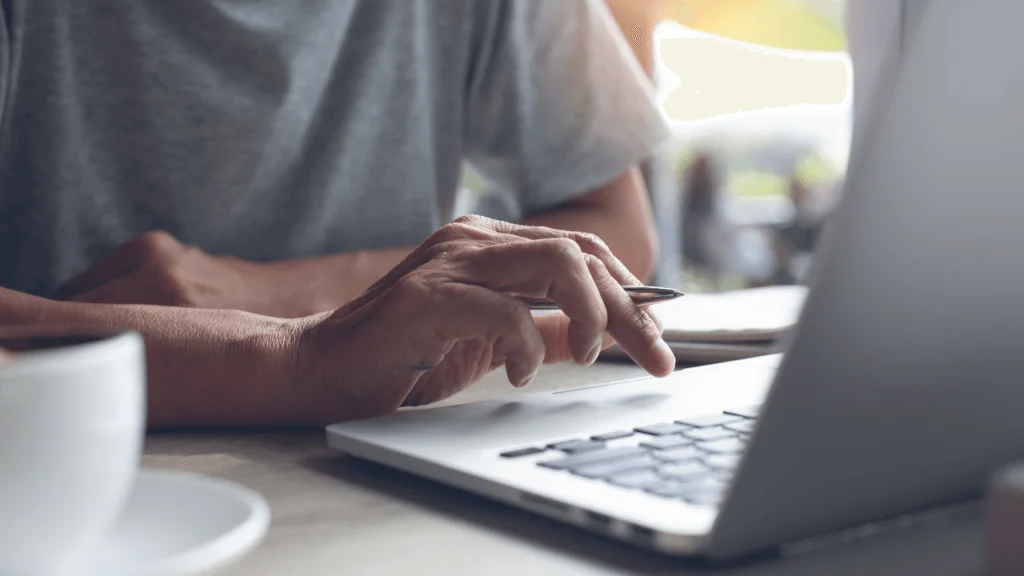
2024 Winning Scholarship Essay: The Unforeseen Journey: Online Learning and Its Impact on My Educational Experience
The Unforeseen Journey: Online Learning and Its Impact on My Educational Experience By Dylan Jiddou, Winner of the 2024 YuJa Scholarship Essay Contest In the spring of my sophomore year of high school, the world...
